systemic insect control
anita55
14 years ago
Related Stories
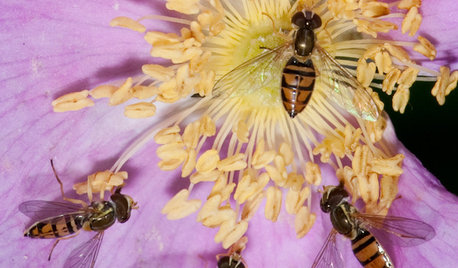
GARDENING GUIDESThis Fly Is One of the Most Beneficial Insects Around
Meet the syrphid fly, a colorful pollinator that also beats chemicals for controlling aphids and other garden pests
Full Story
HOME TECHSwitch On the Phone-Controlled Home
Lock your front door from afar, let your thermostat set itself and more when you use your phone as a control device
Full Story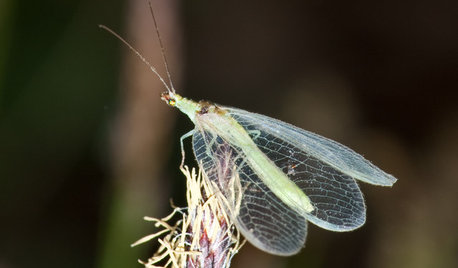
GARDENING GUIDESLook Out for Lacewings: Beneficial Insects Coming to a Garden Near You
Lacewings are delicate insects that produce alligator-like, hungry offspring that devour aphids and other garden pests
Full Story
GARDENING GUIDESOrganic Matters: Thwart Insect Pests With Trap Crops
Add a few sacrificial plants to your garden to lure insects away from the harvest
Full Story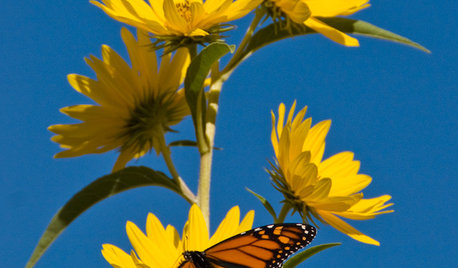
GARDENING GUIDESGreat Design Plant: Helianthus Maximiliani Attracts Beneficial Insects
Maximilian sunflower’s striking yellow flowers light up the fall landscape and attract pollinators and beneficial insects at a crucial time
Full Story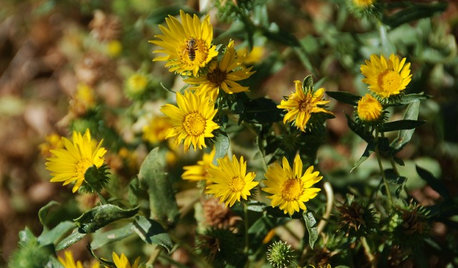
GARDENING GUIDESGreat Design Plant: California Grindelia Species for Beneficial Insects
Use gum plants as reliable summer bloomers and to provide habitat for California native bees, butterflies and other beneficial insects
Full Story0

HOME TECHNew TV Remote Controls Promise to Do More — Without the Struggle
Dim your lights, set up user profiles and discover a remote you can't lose. Welcome to the latest and greatest way to change the channel
Full Story
MOST POPULARHow Bluetooth 4.0 Will Change Remote Control
Manage lights, TV, refrigerators and more through your phone or tablet when the latest wireless technology rolls into all your home devices
Full Story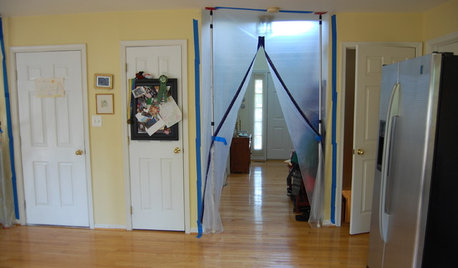
HEALTHY HOMEWhat to Know About Controlling Dust During Remodeling
You can't eliminate dust during construction, but there are ways to contain and remove as much of it as possible
Full Story
BATHROOM DESIGNHow to Place Shower Controls for Bathing Bliss
Body jets, handhelds and showerheads are only as good as their placement. Here's how to get it right
Full StoryMore Discussions






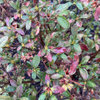

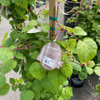
rhizo_1 (North AL) zone 7
anita55Original Author
Related Professionals
Derry Landscape Architects & Landscape Designers · Piqua Landscape Architects & Landscape Designers · Maple Heights Landscape Architects & Landscape Designers · Brooklyn Center Landscape Architects & Landscape Designers · Woburn Landscape Contractors · Bloomington Landscape Contractors · Paso Robles Landscape Contractors · Thonotosassa Landscape Contractors · Lake Arrowhead Window Contractors · Muttontown Window Contractors · Braintree Driveway Installation & Maintenance · Adrian Decks, Patios & Outdoor Enclosures · Batavia Decks, Patios & Outdoor Enclosures · Racine Decks, Patios & Outdoor Enclosures · West Hills Decks, Patios & Outdoor Enclosuresken_adrian Adrian MI cold Z5
anita55Original Author
laceyvail 6A, WV
ken_adrian Adrian MI cold Z5
gardengal48 (PNW Z8/9)
anita55Original Author
anita55Original Author
rhizo_1 (North AL) zone 7
anita55Original Author
gardengal48 (PNW Z8/9)
anita55Original Author